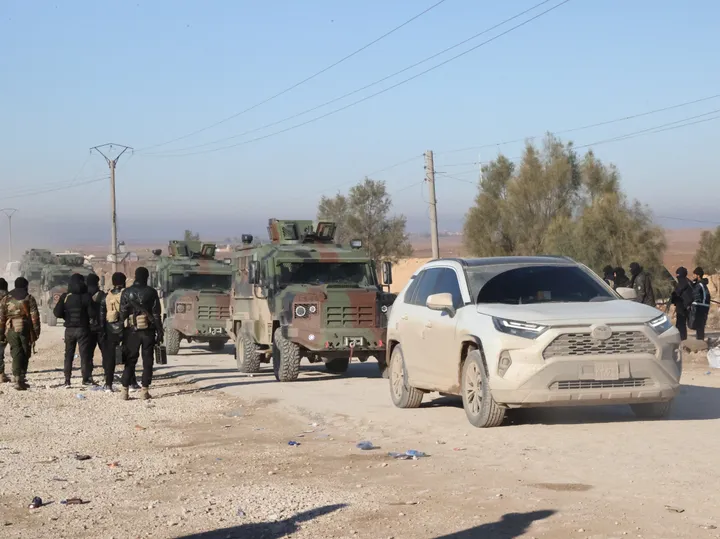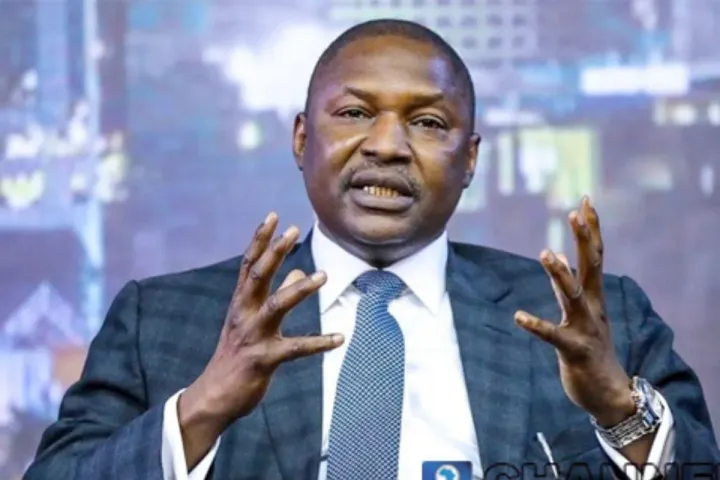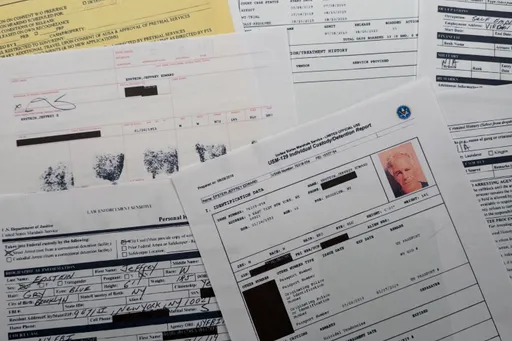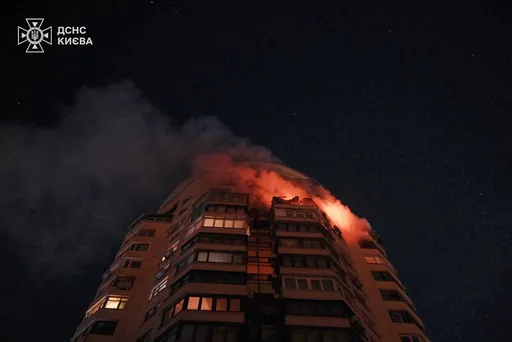South African state prosecutors on Monday said they would release their decision next month on whether or not to prosecute former president Jacob Zuma for corruption.
Zuma faces the risk of jail over 18 criminal charges linked to 783 payments totalling 4 million rands ($345,000) that he allegedly received in connection with arms deals before he became president.
"A decision has been made," but the announcement will be pronounced after 14 days, Luvuyo Mfaku, spokesman for the National Prosecutions Authority (NPA).
After the two weeks, "the national director will inform the former president in writing and the parties that are involved" before going public, he said.
In 2005
The charges were first brought against Zuma in 2005 but dropped by prosecutors in 2009 – clearing the way for him to become president – before their reinstatement two years ago.
In 2016, the High Court in Pretoria ordered that the charges be reinstated, but Zuma fought the case until losing in the Supreme Court of Appeal in October.
The opposition Democratic Alliance party has campaigned since 2009 to reactivate the charges relating to post-apartheid military contracts – one of many graft allegations that overshadowed Zuma's presidency.
Zuma, who insists he is innocent, was forced to resign earlier this month after the ruling African National Congress (ANC) party threatened to remove him from office.
His successor Cyril Ramaphosa has vowed to tackle corruption, admitting it was a major problem in the government.
Zuma and other officials were accused of taking kickbacks from the $5 billion (4.2 billion euros) purchase of fighter jets, patrol boats and other arms manufactured by five European firms, including British military equipment maker BAE Systems and French company Thales.
In 2005, Zuma's former financial adviser Schabir Shaik was convicted for facilitating bribes over the contracts and sentenced to 15 years in prison. He was later released on medical parole.























